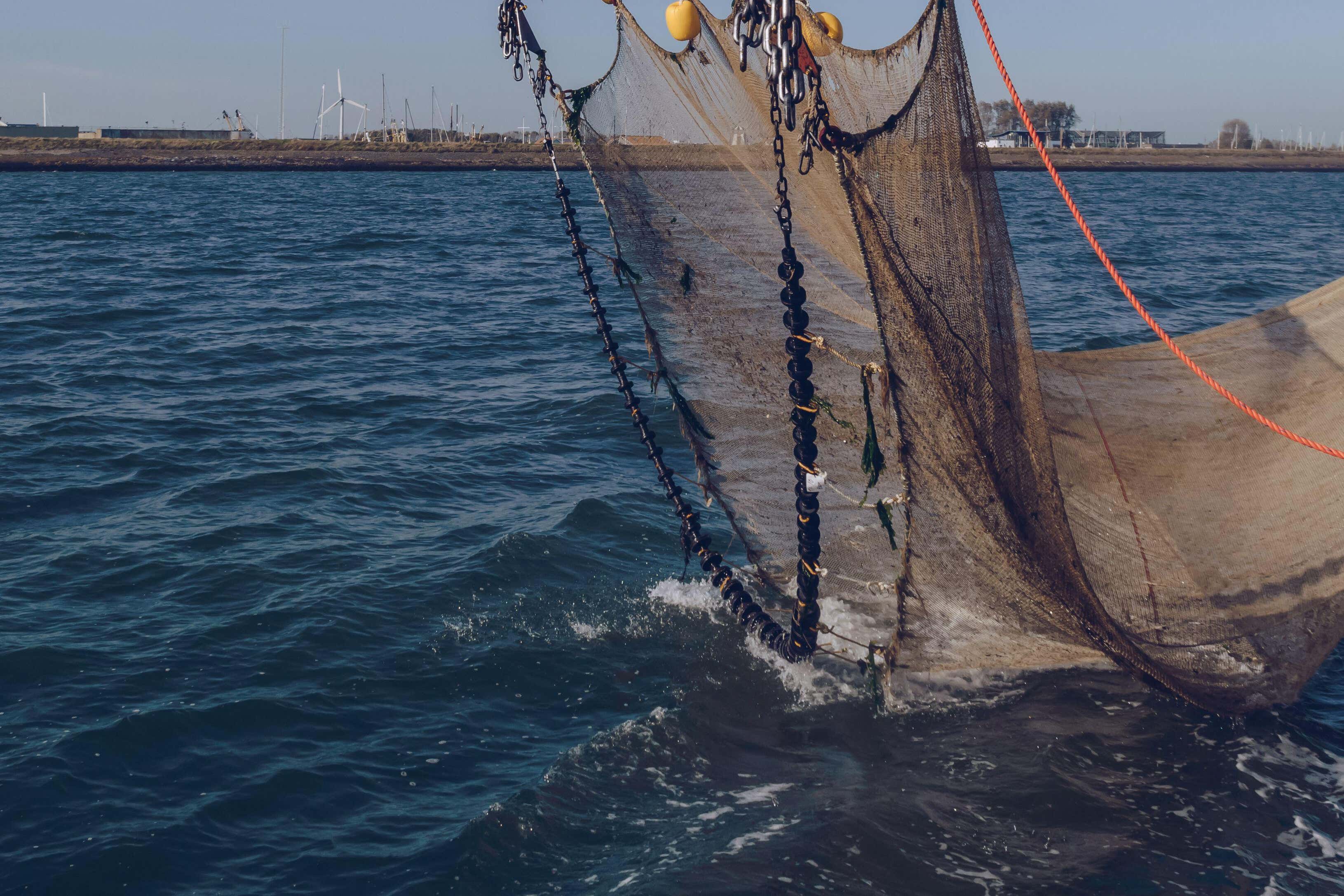Public support ban of destructive fishing method in marine sanctuaries – poll
Bottom trawling uses nets that can be as large as a football field that can damage marine habitats, campaigners say.

Your support helps us to tell the story
From reproductive rights to climate change to Big Tech, The Independent is on the ground when the story is developing. Whether it's investigating the financials of Elon Musk's pro-Trump PAC or producing our latest documentary, 'The A Word', which shines a light on the American women fighting for reproductive rights, we know how important it is to parse out the facts from the messaging.
At such a critical moment in US history, we need reporters on the ground. Your donation allows us to keep sending journalists to speak to both sides of the story.
The Independent is trusted by Americans across the entire political spectrum. And unlike many other quality news outlets, we choose not to lock Americans out of our reporting and analysis with paywalls. We believe quality journalism should be available to everyone, paid for by those who can afford it.
Your support makes all the difference.Eight in ten British adults think a destructive industrial fishing method should be banned in marine protected areas (MPAs), a poll suggests.
The YouGov survey of 2,111 people, conducted on behalf of charity Oceana UK, found that 81% support a ban of bottom-trawl fishing in these biodiverse areas.
Bottom trawling uses nets that can be as large as a football field and weigh several tonnes.
The method, which is permitted in almost all of the UK’s MPAs, can damage habitats that are vital for marine health, such as reefs, kelp forests and seagrass meadows, and can scoop up untargeted wildlife.
The YouGov poll found that support for a ban remained just as high among those in coastal constituencies, with 80% of the 566 respondents living in these areas backing the proposal.
Whether we live by the coast or in a city, we are united against the bulldozing of our marine havens
However, the survey also found that nearly two-thirds (64%) of respondents thought bottom trawling was already banned in MPAs, a figure that was very similar in the subset of coastal constituencies (66%).
Hugo Tagholm, executive director of Oceana UK, said: “The strength of feeling across the UK public is clear: destructive bottom trawling has no place in our marine ‘protected’ areas.
“Whether we live by the coast or in a city, we are united against the bulldozing of our marine havens.
“The UK is an ocean nation and our waters have provided prosperity, food, a stable climate and a deep connection to nature for millennia.
“As a nation, we must honour our commitment to protect and restore 30% of our seas by 2030.
“The absolute minimum we can do is give real protection to our so-called protected areas. ”
UK offshore MPAs were subjected to more than 33,000 hours of suspected bottom trawling in 2023, according to an analysis of satellite tracks by Oceana published earlier this year – equivalent to nearly four years of continuous trawling.
The charity cited the benefits seen in Lyme Bay in the south west of England, where the practice was stopped in 2008, after extensive collaboration between local fishers, scientists, regulators and environmental groups.
Researchers found that commercially caught fish species increased in abundance by 370% and the richness of the species mix by 430% in just over a decade after the ban.
Oceana UK also said that the practice causes emissions not just from the large amount of fossil fuels needed for the boats, but also from the disturbance of the seabed, which stores carbon.
Southwest Deeps (East) off the coast of Cornwall, which it identified as the second-most trawled MPA in the UK, and is home to cuckoo rays and the threatened fan mussel, stores an estimated 1.67 megatonnes of carbon, the charity said.